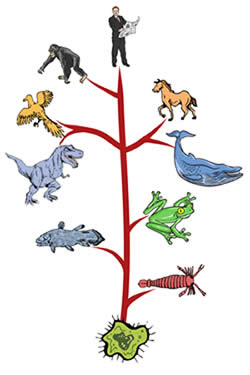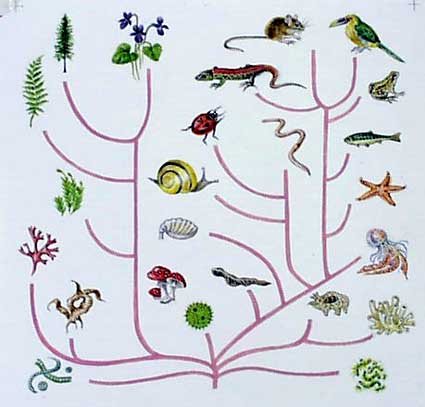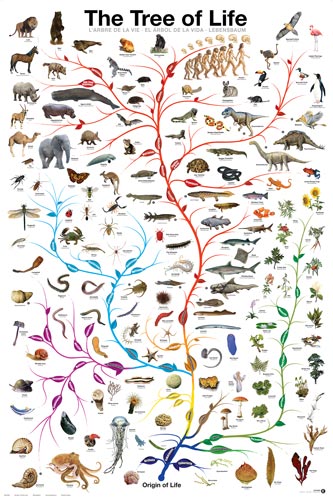
RESEARCH ARTICLE WRITTEN by London swaminathan
Date: 18 JULY 2018
Time uploaded in London – 6-51 am (British Summer Time)
Post No. 5231
Pictures shown here are taken from various sources such as Facebook friends, Wikipedia, Books, Google and newspapers; thanks. Pictures may be subject to copyright laws.
HINDU CHILD PRODIGIES- NATURE OR NURTURE, HEREDITY OR ENVIRONMENT, GENETICS OR GOD? (Post.5231)
We come across child prodigies around the world. Science could not explain the phenomenon satisfactorily.
Is it because the parents were brilliant and the children inherited it?
Is it because they are brought up in such an environment which made them geniuses?
inherited or Acquired?
Does Nature play a role or Nurture is the cause?
Heredity or Environment?
All these questions are debated very often and no explanation satisfies the inquisitive mind. Intelligent people are born even in remote villages where there is no formal education is available. Great people are born in illiterate families.

Adi Shanakara was a genius at the age of 16
Jnana Sambanda composed poems at the age of 3.
Bharati and Vivekananda attained fame by the age of 39!
Several Hindu geniuses became great when they were very young.
Hindu approach to this child prodigy is different. They belive whatever you have learnt in your previous births is deciding your intelligence at birth; Then you can continue improving it and go higher and higher. Lord Krishna made it very clear in the sixth chapter of Bhagavad Gita (BG. 43 t0 46)
Hindu scriptures Bhagavad Gita, Tamil Veda Tirukkural, Manu Smrti and Kalidasa’s Raghuvamsam are some of the books where we come across references to SEVEN BIRTHS and carrying and improving the knowledge from birth to birth.

Jnana Sambadar, The Wonder Boy of Tamil Nadu
Of all the books mentioned above, Tamil Poet’s Tamil Veda Tirukkural spoke about it in at least six places.
Let me quote them:
1.No evil will befall a man in all the seven births he may have if he begets children of irreproachable character- Kural 62
2.The noble minded will remember for all the seven births the friendship of those who saved them from affliction 107
3.If a man learns to control his five senses in one birth as the tortoise, that power will stand by him in his seven births- 126
4.The heritage of culture acquired in one birth lasts to the seventh – 398
5.Devote yourself to what the wise commend as worthy, else you will not find joy in all seven births – 538
6.A fool does so much sinful deeds in one birth that he suffers infernal misery in all seven births- Kural 835

Tamil Saint Poet Tiruvalluvar
Manu says
If any one of these (Rig, Yajur, Sama Veda Scholars) fed and honoured at a ceremony for the dead, the hosts’ ancestors going back to seven generations will be perpetually satisfied- 3- 146 of Manu Smrti
This is another translation
3-146. If one of these three dines, duly honoured, at a funeral sacrifice, the ancestors of him who gives the feast, as far as the seventh person, will be satisfied for a very long time.
Seven generations may also mean several generations.
In one of the commentaries of Tirukkural seven different types of births are also mentioned: Devas, Human beings, Demons, Birds, Animals, Reptiles and Water creatures
All these show that there are seven births of a person or seven generations or seven different levels (from Devas to fish)
Kalidasa in his Raghuvamsam is clear like Tiruvalluvar: In chapter 1-20 he says,
“Dilipa’s actions were known only when their benefits are felt. it was kept like a secret like one knows the previous births by the results obtained in the current birth. The message is clear that one gets whatever one deserves depending upon the good things one has done in previous births 1-20.
In another sloka (18-50), Kalidasa says King Sudarsan did not need any help from the teacher as everything he learnt in his previous births came very handy. He remembered everything he learnt already.

Hindu saint/poet Tiruvalluvar from old book
This is echoed by Tamil Poet Valluvar when he said that what one learns in one birth will be helpful in seven births.
Lord Krishna, Manu, Kalidasa and Tiru Valluvar agree on one point: What you do in one birth will have its effect in seven births.
Lord Krishna in Bhagavad Gita says that one can even improve his learning in the next birth/s
“There he comes to be united with the knowledge acquired in his previous birth and strives more than before for perfection “– BG 6-43
This explains the amazing knowledge of child prodigies. Hindus believe that it is neither genetics nor environment that makes a person. Even if we consider these two are the factors, believers can still argue that is also given to one due to the Karma (action) in one’s previous birth.

–subham–





You must be logged in to post a comment.